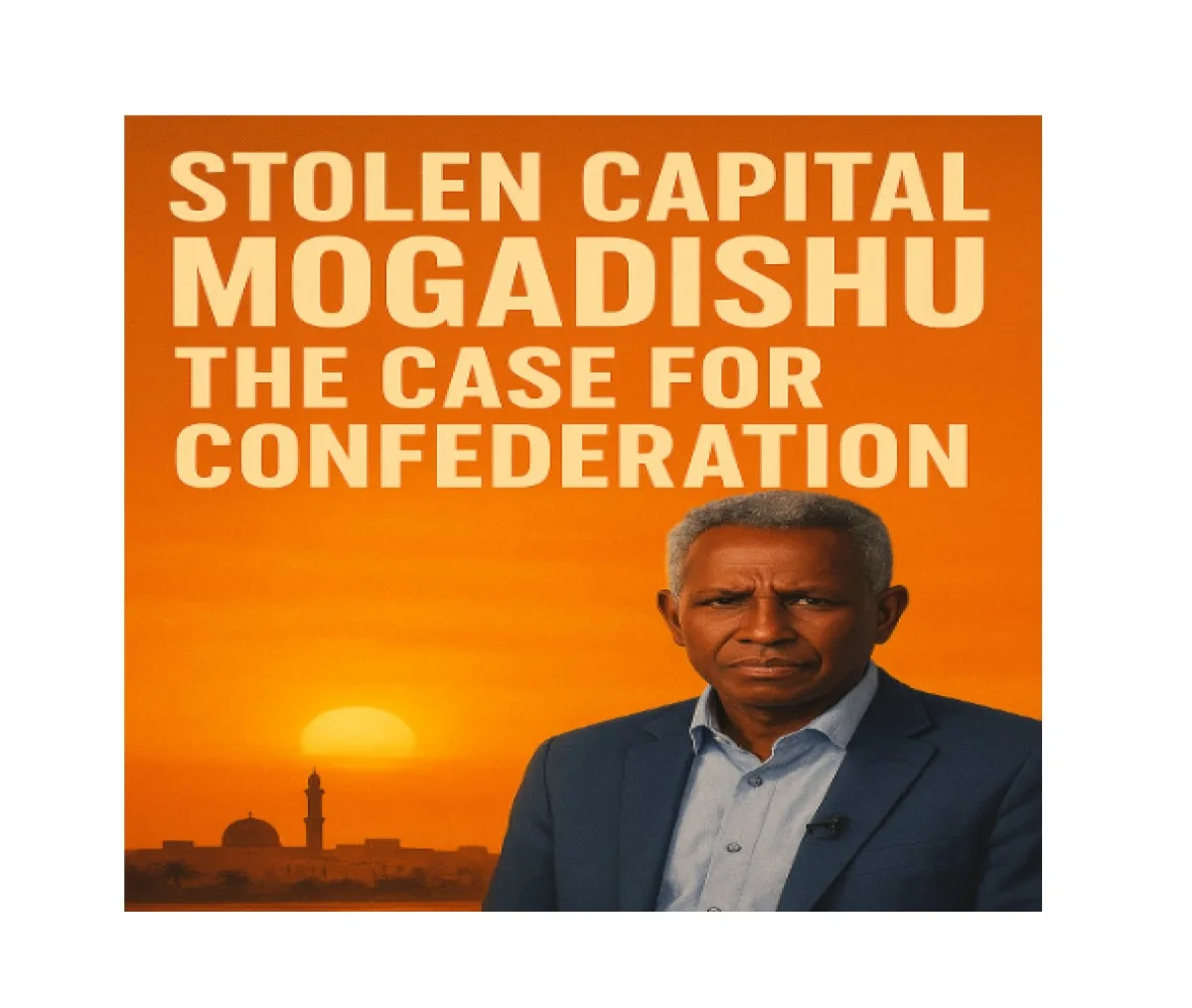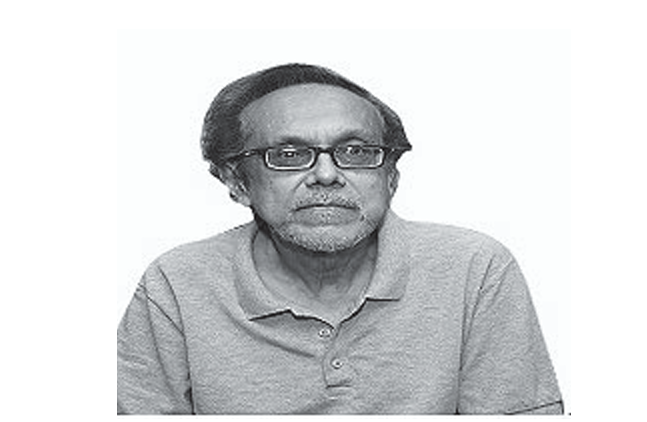Copyright horseedmedia

MOGADISHU, once imagined as the beating heart of a united Somalia, now resembles a contested capital whose claim to national authority rings hollow for millions beyond its gates. Puntland’s argument is urgent and stark: Somalia has quietly become a union of autonomous realities rather than a single, functioning state, and the insistence that Mogadishu should monopolize sovereignty is out of step with three decades of history, demographic change, and hard-earned local governance. This is not merely a political quarrel; it is a claim about legitimacy. For generations born after 1985 in Puntland, and for those who fled south and found refuge in Puntland, Mogadishu has never been the locus of a working, trusted central government. Instead of an integrative center, many view Mogadishu as another local power center,one with arms and authority concentrated in ways that exclude and alarm other regions. The practical evidence is unmistakable: Puntland collects and spends its own revenues, sustains its own security arrangements, issues identity instruments that work in the absence of a national system, and manages institutions that function where the central institutions often do not. These are not the hallmarks of a failed province, they are the hallmarks of an emergent polity operating by necessity. Puntland’s thinkers, led in contemporary debate notably by Interior Minister Abdinur Farah Saed (Juxa), press a simple constitutional truth: political forms should reflect political realities. If power is in practice distributed and regional governments command local legitimacy, then a legal architecture that pretends otherwise risks creating instability, resentment and endless contestation. The confederation proposal offered from Garowe and Bosaso is not a sudden embrace of secession but a plea for a compact that recognizes sovereignty where it exists and binds regions together only for matters they choose to share, external representation, certain aspects of defense, and cooperative economic frameworks, while leaving everyday life to locally accountable authorities, as doing it so last three decades. This model is not without precedent. Bosnia and Herzegovina’s post-war arrangement, awkward and contested though it is, shows that deeply divided societies can be held together by institutional designs that grant considerable autonomy to constituent parts. Switzerland’s centuries-long federal/confederal roots and Belgium’s carefully calibrated regionalism demonstrate different paths to reconcile identity pluralism with common governance. Puntland’s proposal draws on those experiences not as templates to be copied dogmatically, but as proof of principle: diversity can be governed without erasing difference, and constitutions can be built that secure rights through negotiated restraints rather than through the illusion of centralized coercion. But the confederation argument must be understood in context: Somalia’s most consequential mistake was not the choice of federal vocabulary but the premature end of transition. In 2012 the Transitional Federal Government morphed into a Federal Government with a provisional constitution that was never fully ratified by the people, without a roadmap for completed institutions, without a referendum, and without the guardrails that would have anchored trust. That leap from ‘transitional’ to ‘full’ government was not merely procedural; it was political malpractice. It validated elites’ convenience over public consent, and it handed the appearance of finality to a constitutional project that remained incomplete. The international community including: diplomats, envoys, and aid institutions, shared responsibility by treating the transition’s end as a fait accompli rather than insisting on the cautious sequencing of institution-building, inclusive debate, and nationwide ratification. The consequence is predictable: trust evaporated. Where brutal civil wars have left deep scars, constitutional prematurity translates directly into distrust, of processes, of leaders, and of the very instruments supposed to bind the nation. When foundational texts are produced by elites and rubber-stamped without broad participation, when Mogadishu’s security architecture remains heavily skewed in favor of the Hawiye clan, which retains the only substantial armed presence in the city, leaving other Somali clans effectively disarmed and marginalized, they become sources of grievance rather than instruments of reconciliation. This is the thread that ties Puntland’s confederal plea to the broader national crisis. If the post-2012 settlement claimed legitimacy it did not possess, regions like Puntland were right to treat that claim skeptically. A confederation, in this light, is less a radical break than a recalibration: it seeks to repair the broken bargain by building a new compact founded on consent, not assumption. Practical design matters. A confederal Somalia would need constitutional clarity about which competencies remain local and which are pooled, transparent financial arrangements that respect regional revenues, robust dispute-resolution mechanisms that avoid force, and neutral institutions for shared tasks. Above all, such a compact must emerge from inclusive deliberation and popular ratification, otherwise it will replicate the very defect it seeks to solve. One persistent and politically explosive obstacle is the southern position that, in practice, suggests constitutional agreement can proceed without Somaliland’s legitimate participation. That posture is both strategically myopic and normatively indefensible: there is no common-sense justification for declaring a binding national compact while a major polity continues its own separate constitutional and political process. Puntland’s position is clear and conciliatory at once, if the aim is a durable settlement, then Somaliland must be engaged. Puntland proposes a single, one-time constitutional revision process in which all actors, including Somaliland, participate fully and in good faith. By focusing that revision expressly on the principles of confederation and mutual recognition, the process could create the very conditions needed to persuade Somaliland to join a new compact—because a legitimate, inclusive process is the only pathway to durable agreement. Critics rightly worry that confederation can ossify differences or institutionalize separation. That risk is real. But so is the risk of perpetuating a unitary pretense that empowers one center to impose across a divided landscape. The question is not whether to avoid risks—every constitutional design carries them, but which risks are more likely to yield sustainable peace. Puntland’s vision asks Somalis and their partners to choose realism over rhetoric: to acknowledge that a national unity that refuses to recognize plural authority is brittle, and that a legally structured union of strong, consenting regions may ultimately preserve the greatest measure of shared life. The international community must also reckon with its role. If the rapid conversion of transitional arrangements into permanent structures helped deepen divisions, then the path forward requires humility: withdraw the posture of imposition, support inclusive constitution-making, and stand ready to guarantee—and to be judged by—procedural fairness rather than by the mere presence of interim institutions. The moral case is simple. Somalis who were denied voice in the rushed transition deserve a system that springs from consent and protects plural identity. The political case is pragmatic. A confederal compact, if honestly negotiated and ratified, can stabilize competition for power by converting zero-sum contests into predictable, law-bound bargaining. Somalia’s future need not be a replay of its past. If leaders across the peninsula commit to a pause, to careful constitution-making, to a binding referendum, and to institutions that reflect the lived reality of Puntland, Jubaland, Somaliland and the south, then a confederation can be more than an academic proposal: it can be a practical architecture for coexistence. This is a plea for courage of a particular kind: the courage to admit that the transition was cut short, to correct that error through inclusive, popular processes, and to craft a union that respects autonomy as the basis for durable cooperation. Anything less risks asking Somalis to live under the illusion of unity while the realities that shape their lives continue to diverge. Sources and further reading include Puntland Interior Minister Abdinur Farah Saed (Juxa)’s essays and interviews defending the confederal model (see WardheerNews and his published essays), analyses of Somalia’s 2012 constitutional process and its shortcomings, and comparative studies of Bosnia, Switzerland and Belgium that illuminate how plural societies can be held together through carefully designed legal compacts. Somalia stands at a crossroads: persist in the fiction that a centralized Mogadishu can bind a country that has long organized itself otherwise, or embrace a new constitutional humility; one that recognizes difference, secures autonomy, and binds consent into law. Puntland’s case is not a provocation; it is an argument grounded in history, demography, and the hard arithmetic of legitimacy. It asks only what every durable constitution must ask: “does law reflect life, or does life merely suffer under a law that pretends?” Dr. Haybe Issa Hirad (Gacal)issagacal@gmail.com



